Research Strategy and Assessment in Germany
The second seminar of the College series on Research Assessment will be given by Stefan Hornbostel on Monday the 5th of December at 5.00 pm in the College lecture theatre. Stefan Hornbostel is joint Director of the Deutsches Zentrum für Hochschul- und Wissenschaftsforschung (DZHW), the German Centre for Research on Higher Education and Science Studies and Professor of Social Sciences at the Humboldt-Universität zu Berlin.
Germany is the country in Europe with the largest investment in Research & Development and for decades it has sustained a policy of strong funding for its Research Centres (Maxk Planck Institutes, Helmhotz's Centres, etc) and equal funding opportunities for its Higher Education Institutions, which include a number of world-famous Universities (von Humboldt, Tubingen, Heidelberg, etc), Stefan Hornbostel will offer a historical background of research policy and assessment in post war Germany and will discuss major and recent changes in policy such as the Excellence initiative that is targeting funds to selected German Universities,
All College students are invited to attend this and the other seminars of this important series. Further details about the series and Stefan Hornbostel's seminar can be found on the dedicated seminar page. The poster of the seminar can be downloaded here. The seminar will be streamed at: http://smarturl.it/CollegioVoltaStream
Image: German scientist Alexander von Humboldt, a geographer, naturalist and explorer who laid the foundations for major developments in Geography and Botany. He was the younger brother of Wilhem von Humbolt, a distinguished linguist and subsequently Prussian minister for Education, and the man responsible for changing the paradigm of University teaching from one based merely on tradition to one based on new and original research.
Evaluation of research in France: the HCERES
28th November 2016.
Annick Harel-Bellan, Haut Conseil de l’ evaluation de la Recherche et de l’ enseignement superieur (HCERES) and Centre National de la Recherche Scientifique (CNRS)
Venue, time and poster: College lecture theatre, 5.00 pm, the poster of the seminar can be downloaded here. Streaming: the seminar will be streamed at: http://smarturl.it/CollegioVoltaStream
Over the last two and half centuries research has transformed from the endeavour of a few and wealthy gentlemen to a resource intensive and institutionalised enterprise, largely sustained by tax payer money. This seminar series contrasts different procedures of research assessment in use in several European countries in the search for new or improved methodology. Starting from the mid 1980s, however, several countries have began questioning the return from investment in research and devised procedures for research assessment in the name of accountability. Thirty years on there is broad agreement that research funded by the public ought to be assessed, but little consensus about the methodology to be employed. This seminar series contrasts different procedures of research assessment in use in several European countries in the search for new or improved methodology.
Abstract
France established a single Agency in charge of Research Asssessment (Agence d'évaluation de la recherche et de l'enseignement, supérieur, AERES) in 2007 with the view to rationalise and harmonise the evaluation of Higher Educational Institutions, notably Universities and publicly funded Research Institution. In the years 2007-2013 AERES has conducted 7 evaluation campaigns involving the bulk of French Universities and Research Institutes at a total cost of € 76.6 millions. In 2013 the French government instituted a new body: the Haut Conseil de l’évaluation de la recherche et de l’enseignement supérieur (HCERES) to replace AERES. The new Agency has published a strategy document highlighting the goals for the years 2016-2020 and is actively engaged in evaluating the work of French HIgher Educations Institutions qith the support of 110 full time administrators, 115 scientists working part time for the Agency and calling upon the serveices of 4,000 experts. The lecture will discuss the methodology of Research Assessment in France including the relative roles of peer-review and metrics, the major differences between the approaches adopetd by AERES and HCERES and the impact that the Research Assessment procedure has had - or will have - on the allocation of financial resourves to individual Universities or Research Institutions.
Biographical sketch
Annick Harel-Bellan is currently a research director at the CNRS. She obtained a PhD in Immunology from the Université Paris 7 (1986) in the laboratory of Jean Dausset (Hôpital Saint-Louis, Paris France, Nobel Prize for Physiology and Medicine, 1980). She spent a few months at EMBL (Heidelberg, Germany, lab of Kathryn Howell and Daniel Louvard, 1981), and two years in the laboratory of Bill Farrar (NCI, Frederick, MD, USA, 1986-1988). She is currently in the SBIGEM at the CEA Saclay. Since 1988, Annick-Harel-Bellan is interested in deciphering the mechanisms involved in controlling cell fate, focusing on epigenetic (chromatin modifications and miRNAs) aspects of this control, and thus linking epigenetics and cancer, notably by demonstrating the role of chromatin modification in the mechanism of action of the tumour suppressor Rb or of miRNAs in the balance between cell differentiation and proliferation. During the course of these studies, she designed a strategy to inhibit small RNAs that is widely used, based on chemically modified antisense oligonucleotides (LNAs). She is also interested in nuclear RNA interference. More recently she started to be interested in applying mathematical modelling to biological questions, focussing on the mode of action of miRNAs or on the dynamic of cancer cell populations. In addition to her research interests, Annick Harel-Bellan has a strong interest and major roles in research strategy and research assessment in France.
Image: French scientist Louis Pasteur who made outstanding contributions to the development of the germ theory of disease and modern vaccination.
Evaluation of research in France: the HCERES
The first seminar of the College series on Research Assessment will be given by Annick Harel-Bellan on Monday the 28th of November at 5.00 pm in the College lecture theatre. Annick Harel-Bellan is Director for International Affairs of the Haut Conseil de l’ evaluation de la Recherche et de l’ enseignement superieur (HCERES) and Director of Research at the Service de Biologie Intégrative et Génétique Moléculaire (SBIGEM) of the Centre National de la Recherche Scientifique (CNRS) in Saclay.
Annick Harel-Bellan's talk will provide insights on how French government has devised and implemented procedures for evaluating the research performance of dedicated Research Institutions and the research and teaching performances of French Universities. All College students are invited to attend this and the other seminars of this important series. Further details about the series and Annick Harel-Bellan’s seminar can be found on the dedicated seminar page.
The poster of A Harel-Bellan's seminar can be downloaded here. The seminar will be streamed at:http://smarturl.it/CollegioVoltaStreamhttp://smarturl.it/CollegioVoltaStream
Image: French scientists Francois Jacob and Jacques Monod at work in their laboratory circa 1971. Together with Andre' Lwoff, Francois Jacob and Jacques Monod won hte Nobel Prize for Physiology and Medicine in 1965 or their work on the lac operon. which opened the way for understanding gene regulation.
iMacs Data
Access to the 4 College iMacs (two in the South wing adn two in the North wing) has been re-configured in order to enable external computer engineers contracted by EDiSU to maintain the hardware.
College students can access the computers through a Guest User account and are encouraged to contact the College Office or the College Director for suggestions for extra software.
Students who had left data on the iMacs desktop can find their data in a USB dirve available from the College Office. Students are encouraged, however, not to store data on these communal computers but transfer their data at the end of each session via email, USB drive, etc.
Referendum Costituzionale
Not yet sure on how you will vote on December 4th when the polls will open for the Italian Referendum Costituzionale ?
You will find your answer at Collegio Golgi 1 at 6.00 pm in Wednesday the 30th of November when Ernesto Bettinelli and Quirino Camerlengo will discuss the reasons for voting either way. Ernesto Bettinelli and Quirino Camerlengo are both lecturers at the University of Pavia. The debate chaired by College Master Stefano Colloca.
All Volta students who have not yet made up their mind on how to vote - and those who already have as well - are invited to attend. The poster of the meeting can be downloaded here.
A journey with blood cells and viruses
13th June 2016.
Robert C Gallo, The Global Virus Network.
On Monday the 13th of June at 5.00 pm Robert C Gallo will give the 3rd M Fraccaro lecture entitled A journey with blood cells and viruses and the development of the Global Virus Network. The lecture, co-organised by Collegio A Volta and Collegio Cairoli, be held at Collegio Cairoli (Piazza Cairoli, Pavia). The poster of the lecture can be downloaded here and all members of the College are invited to attend, especially medical students.
Robert C Gallo is currently Scientific Director and Chair of the Global Virus Network, a not-for profit organisation that aims to strengthen medical research and response capability to viral pathogens. He was born in Connecticut from an Italian family and studied at Providence College at the Jefferson Medical College in Philadelphia, before joining the National Cancer Institute, where he became head of the Laboratory of Tumor Cell Biology. He is one of the best known scientists worldwide for his work on interleukin-2, HTLV (the first human retrovirus to be discovered) and HIV.
Challenging the Dogmas: Innovation for Global Impact
10th May 2016
Shiladitya Sengupta, Harvard Medical School and Massachusetts Institute of Technology
Shiladitya Sengupta of Harvard Medical School and Massachusetts Institute of Technology will give a second seminar in the College lecture on 10th May 2016 at 5.00 pm on his enduring and highly successful work aimed at developing new therapeutics. He will demonstrate that academic discoveries can be be developed into effective products (therapeutcs for un met medical needs for example) and will discuss how the numerous obstacles on this path can be successfully overcome.
All College students, especially students of Biology, Biotechnology, Medicine, Business and Economics are sttrongly encouraged to atten. The poster of the seminar can be downloaded here.
Precision Medicine: Beyond Genomics
9th May 2016
Shiladitya Sengupta, Harvard Medical School and Massachusetts Institute of Technology
Shiladitya Sengupta of Harvard Medical School and Massachusetts Institute of Technology will give a seminar in the College lecture on 9th May 2016 at 5.00 pm on his recent contributions to the developmetn of Personalised (Precision) Medicine. Personalised Medicine is attracting a great deal of interest and has recently attracted strong endorsement by the White House and a mjor funding programme. S Sengupta will argue in his seminar that the successful development of Personalised Medicine will have to extend beyond genomic data and will offer evidence of this concept from his own recent studies.
All College students, especially students of Biology, Biotechnology and Medicine are sttrongly encouraged to atten. The poster of the seminar can be downloaded here.
Protein Chemical Synthesis
4 February 2016.
Jérôme Vicogne and Oleg Melnyk, CNRS, Université de Lille and Institut Pasteur de Lille
Jérôme Vicogne and Oleg Melnyk, both at the CNRS, Université de Lille and Institut Pasteur de Lille will give a seminar on the 4th of February at at 4.15 pm in the seminar room of the Unit of Immunology and General Pathology of the Department of Molecular Medicine on new developments in the emerging field of protein chemical synthesis, The seminar is co-organised by Collegio A Volta. The poster of the seminar can be downloaded here.
Protein Chemical Synthesis
On the 4 February 2016 at 4.15 pm Jérôme Vicogne and Oleg Melnyk of the CNRS, Université de Lille and Institut Pasteur de Lille will give a seminar on new developments in the field of chemical synthesis of proteins. This approach opens considerable opportunities for protein modifications that may extend their life or activity.
All College students and specially students in Chemistry, Biology and Medicine are strongly invited to attend. The poster of the seminar can be downloaded here.
More...
Bedside Ultrasound
25th November 2016.
Carmelo Sgarlata, University of Pavia and Collegio A Volta.
Abstract
The seminar will tackle the applications of diagnostic ultrasound in medicine focusing on the bedside use of ultrasonography to support clinical diagnosis and decision making in several common clinical settings (such as cancer, pleural and abdominal effusions, aneurysms, urinary retention, gallbladder stones, pneumonia, pneumothorax, cardiac failure and many other..). I will offer a short discussion both on US basic principles and instrumentation as well as its practical use in a medical ward. Ultrasound is a low cost, noninvasive, rapidly performed examination that results in reduced test to treatment times increasing diagnostic sensivity and accuracy. Ultrasound is becoming a ubiquitous imaging modality in many hospital systems with potential applications in all medical and surgical disciplines. All interested students, from College and outside, are welcome to attend.
Abstract (Italian):
Il seminario affronterà le applicazioni dell’ecografia diagnostica in medicina concentrandosi in particolare sull’utilizzo della metodica al letto del malato quale supporto alla diagnosi ed al processo decisione in diverse situazioni cliniche di comune riscontro (quali le patologie neoplastiche, i versamenti pleurici ed addominali, la patologia aneurismatica, la ritenzione urinaria, la calcolosi della colecisti, le polmoniti, lo pneumotorace, l’insufficienza cardiaca e molte altre..). Discuterò brevemente sia i principi generali della metodica ecografica e quindi le applicazioni pratiche che essa trova all’interno di un reparto medico. L’ecografia è una metodica non invasiva, eseguibile rapidamente e con costi contenuti il cui utilizzo comporta una miglioramento della sensibilità e dell’accuratezza diagnostica riducendo il tempo necessario per instaurare un trattamento appropriato. L’ecografia sta diventando una metodica di diagnostica per immagini ubiquitaria in molti ospedali con potenziali applicazioni in tutte le discipline mediche e chirurgiche. Tutti gli studenti interessati, appartenenti al Collegio o esterni, sono invitati a partecipare.
The slides of the seminar can be downloaded here.
Biographical sketch
I’m a medical doctor and my work is actually focused on diagnosis and treatment of diseases in the area of internal medicine and geriatrics with particular regard to cardiovascular and neurodegenerative disease. I’ve also a great interest in the use of diagnostic ultrasound in internal medicine. I studied Medicine at Volta as an undergraduate graduating in July 2012 then I remained in residence afterward as a resident in Geriatrics. I’ve been secretary of the Volta Medical Society throughout the academic year 2013/14. I’m author of about 60 scientific publications on national and international journals and speaker at various conferences of national importance.
Bedside Ultrasound
The 2nf of 6 College teaching seminars offfered during the academic year 2016/17 by Carmelo Sgarlata, a medical postgraduate and member of Volta, will take place on Friday the 25th of November in the College lecture theatre at 6.00 pm.
All College medical students are strongly invited to attend. The abstract of the talk and Carmelo's biographical sketch can be found here where the slides of the actual seminars can also be found. Carmelo's teaching page is here.
College Photography
The College increasingly requires high-quality images of life and work at Volta (teaching, seminars, sport events, buildings, etc) for the College web pages, regular reports to EDiSU and University and new applications for funding.
There are certainly a number of College students with a passion for photography and College would like one or more of these students to come forward and contribute to a new set of images of life and work at Volta. Interested students are asked to contact the College Director in order to discuss this further. Collegio Volta will give due and full credit to students for any art work shared with College.
Vocal Coaching at Griziotti
Collegio B Griziotti has organised an interesitng vocal coaching event on Monday the 21st of November at 9.00 pm. The event is a hands-on master class with vocalist Alessandro Imelio and will involve theoretical as well as practical teaching.
Collegio B Griziiotti, just like A Volta, is out of town but is connectes to town by bus n 6 that reaches via Abbiategrasso, the road flanking the South wing of Volta. Students of Volta interested in music and, specifically, in vocal music are warmly invited to attend. The poster of the event can be downloaded here.
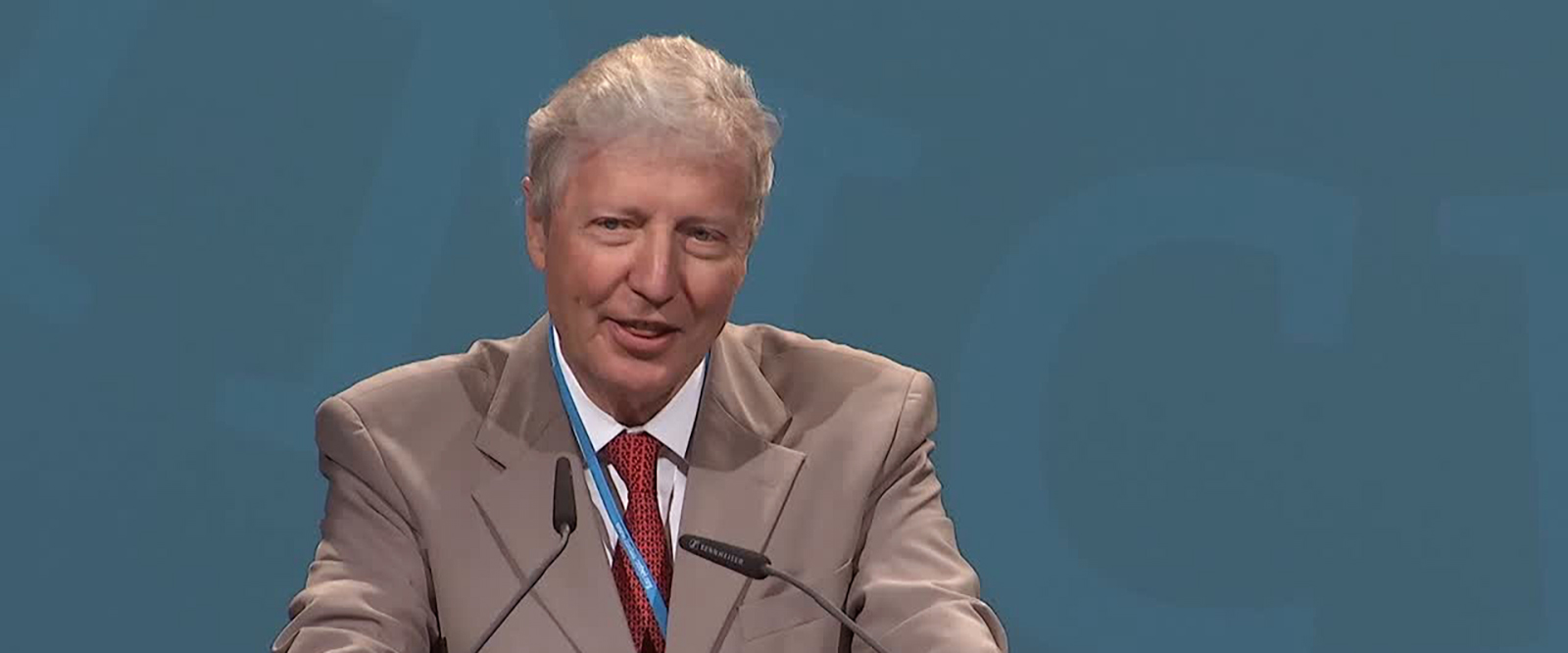
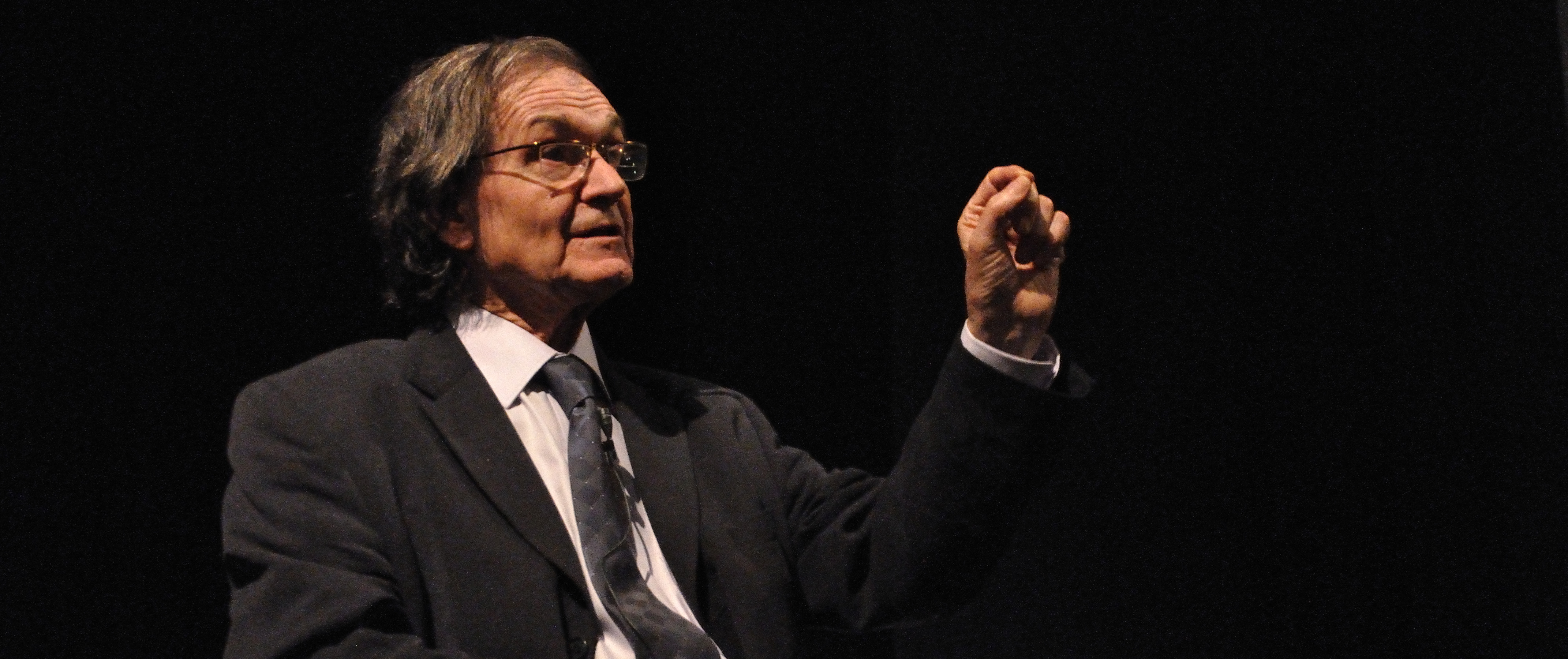
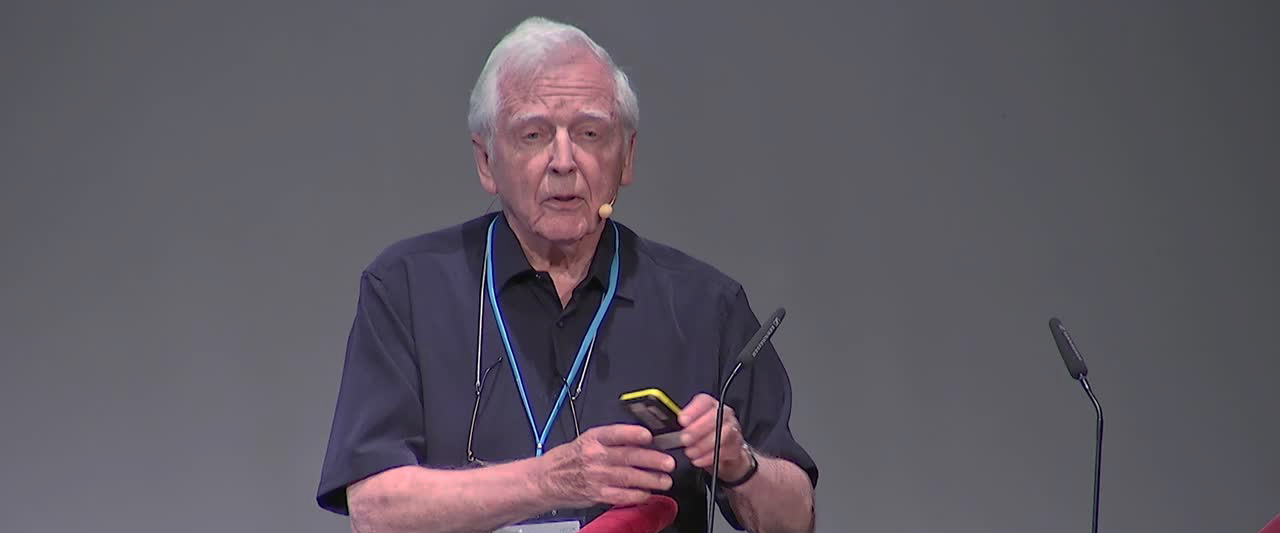
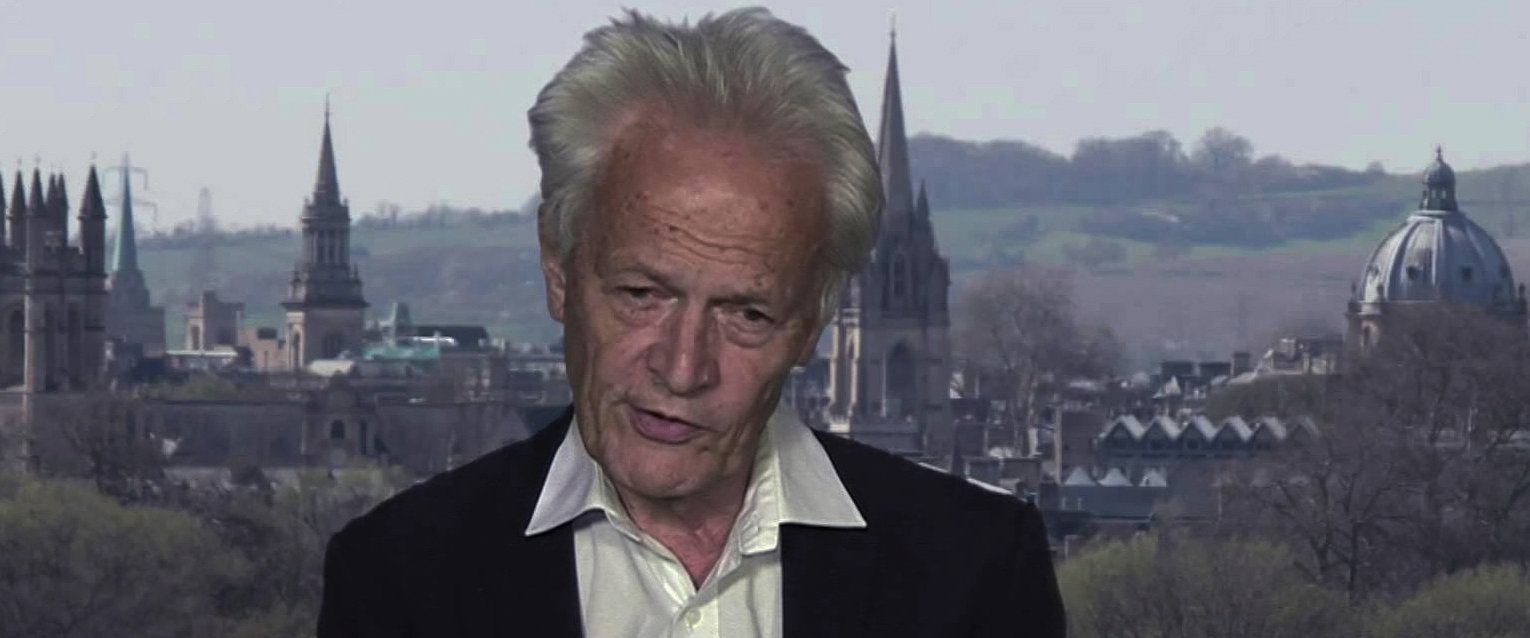
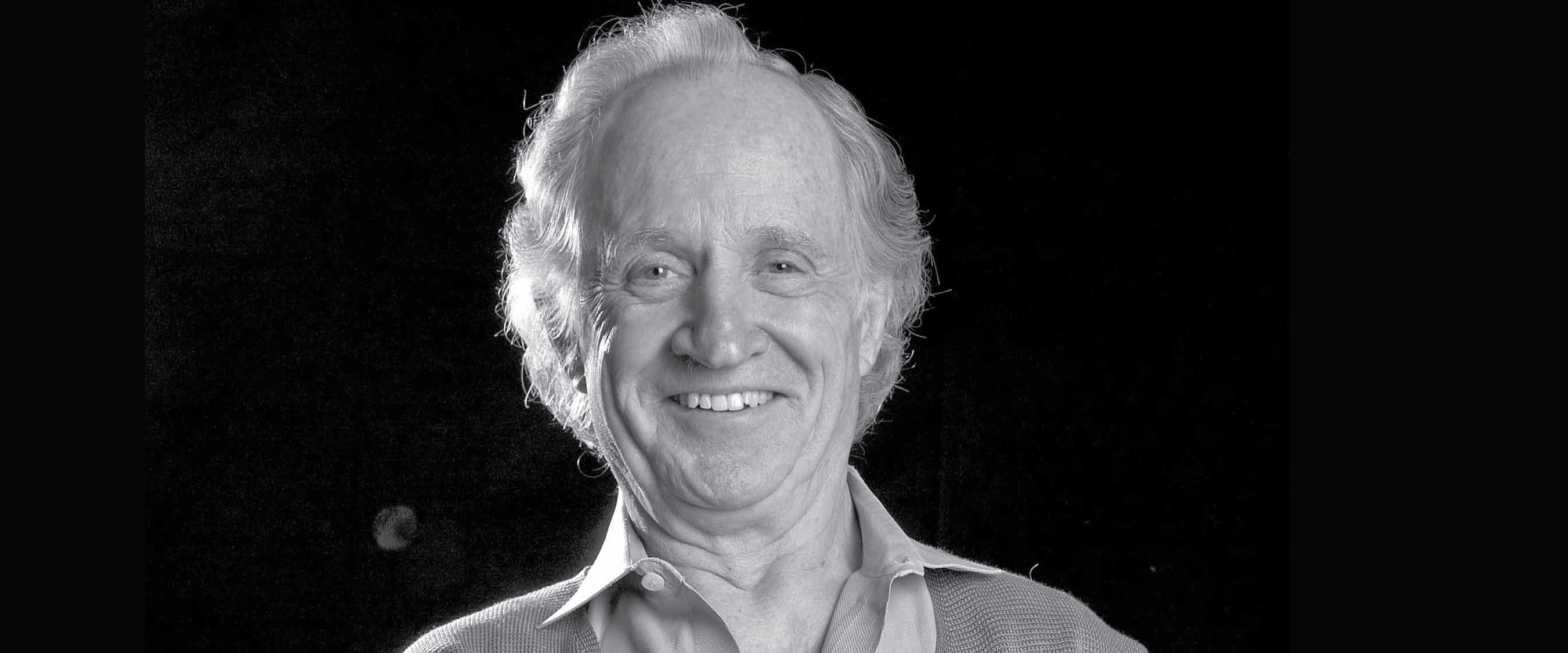
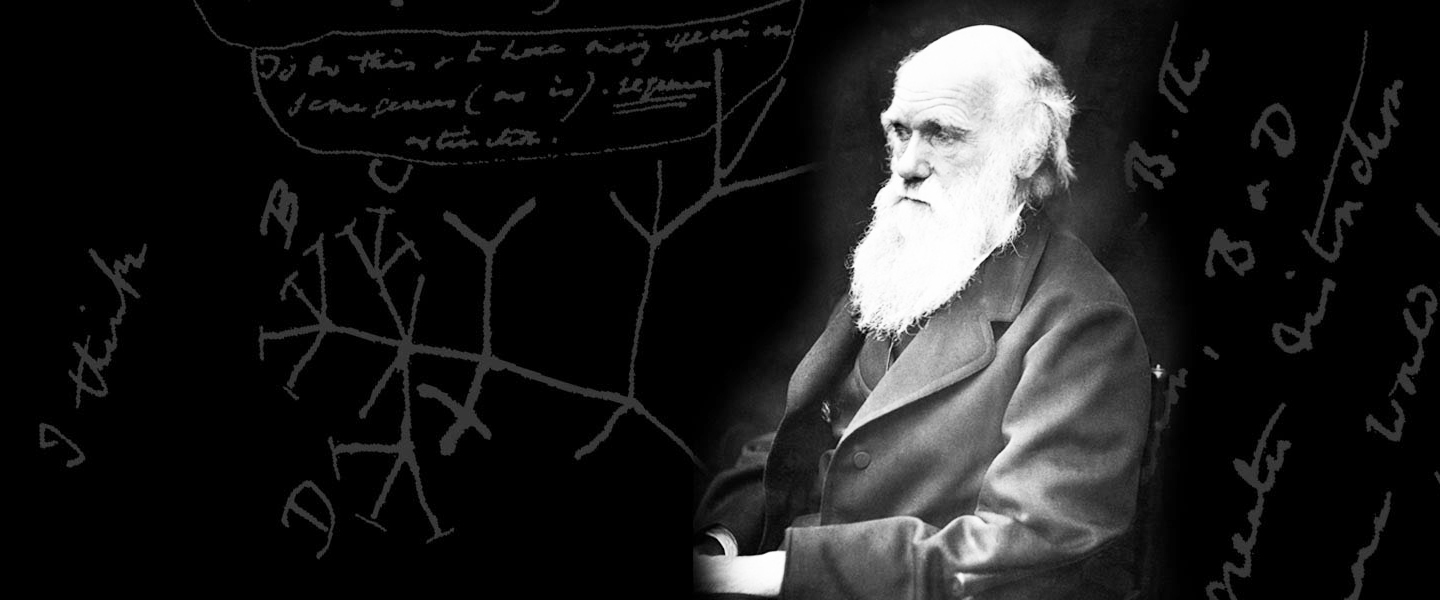



















 Articles
Articles